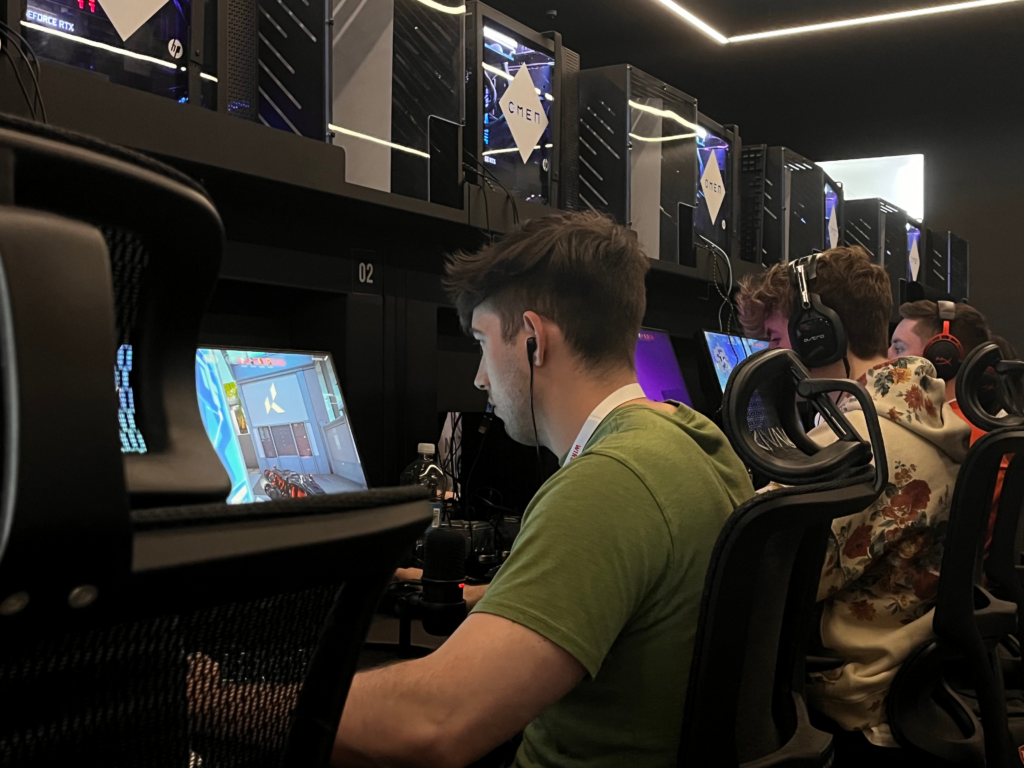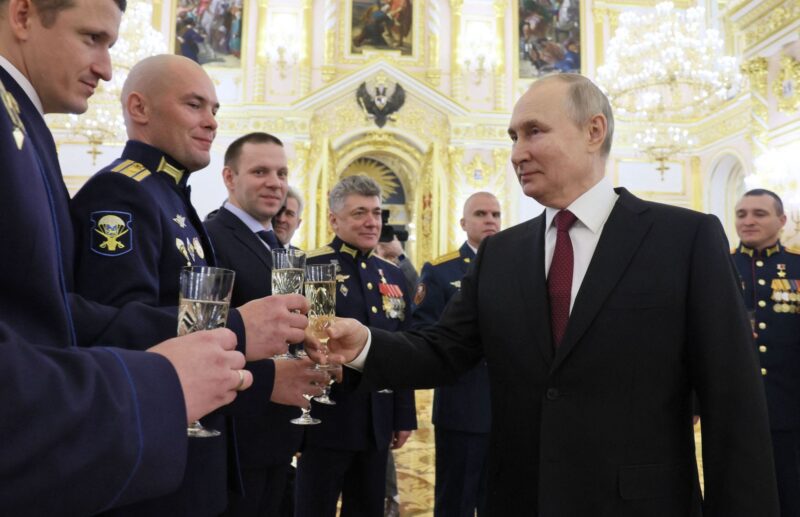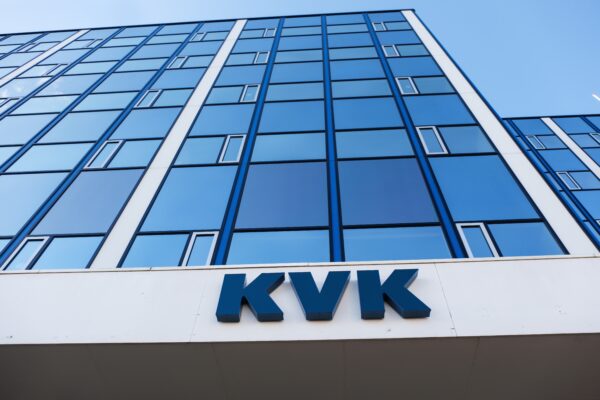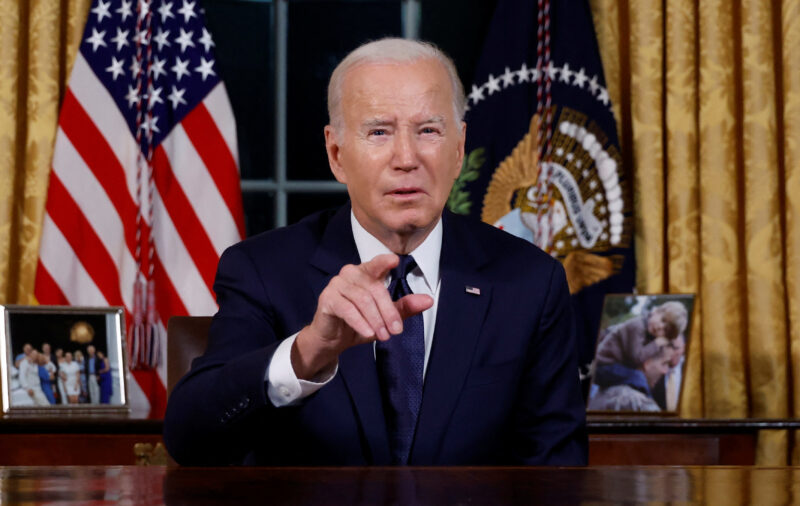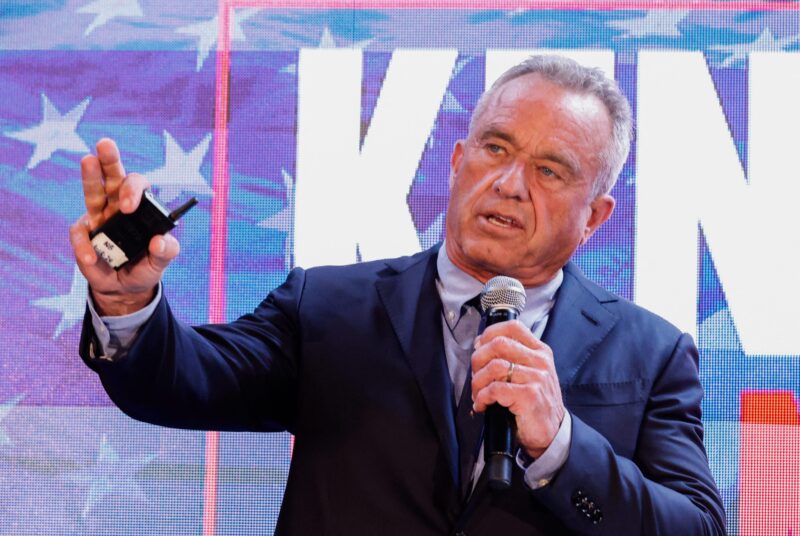- Andy Collins is a Valorant esports athlete in its Challengers League.
- An esports collegiate scholarship paid for most of his undergraduate and master's degrees.
- After working from 8 am to 5 pm, he practices and strategizes with his team for four hours.
This as-told-to essay is based on a conversation with Andy Collins, a 26-year-old software engineer from Chicago pursuing a professional esports career playing the first-person shooting game Valorant. It has been edited for length and clarity.
Decades ago, it seemed like every American child wanted to become an astronaut after seeing the United States' rapid progress in the space race.
My aspirations were a little bit different. As a kid, I grew up playing video games with my dad, later moving on to playing Counter-Strike: Global Offensive, a globally popular first-person shooter where I competed online with friends.
It didn't take a man to walk on the moon to convince me of my future in high school. But when I started seeing people making a living playing video games professionally in high school? That was my astronaut moment. That's when I knew I wanted to compete at the highest level.
With a clear goal, I set my sights on improving my skills within the game, eventually receiving a scholarship to play for Robert Morris University. Being a professional esports competitor wasn't the most well-known or traditional career path at the time. My friends didn't really seem to care that much until the streaming platform, Twitch, grew in popularity, and with it, interest in competitive esports.
Being on a collegiate roster, I always had to perform at my best, even with a grueling schedule. I would've lost valuable scholarship money if I had been demoted from the starting roster.
Thankfully, that didn't happen, and I graduated in 2019 with a degree in computer network and security and a master's degree in information systems.
Taking the next step
After graduating, I started working as a software developer at a virtual reality gaming company. I played some on the side, but I was quickly losing interest in Counter-Strike, the game I'd spent thousands of hours trying to perfect.
Riot Games released Valorant in 2020 as the company's entry into the first-person tactical shooter games, which reignited my drive to compete.
I had an incredible boss who understood that drive and supported me, allowing me to work on a non-traditional schedule as long as I accomplished all necessary tasks.
The grind paid off, and in mid-2021, I was signed as a player to pro esports organization DarkZero's first Valorant roster, finally living out my dream on a professional team.
But the esports world is fickle— you've got maybe two weeks of bad performances before your team axes you from the lineup or roster. After about nine months on the team, DarkZero decided to go a different route with its roster and booted me from the team.
The harsh realities
No longer on the DarkZero team, I now live in Austin and work remotely as a network and software engineer for my old virtual reality gaming job's parent company in Chicago.
I haven't made it back to the paid, franchised division of Valorant esports just yet — I'm living off my $75,000 salary for now — but I am still competing, now in Valorant's Challengers League under the team "Thinking Men."
Money in esports is a tricky subject.
In 2023, the vast majority of the North American Challengers League — the group of teams competing for an opportunity to ascend to the top tier franchised division — were signed to paying contracts by organizations like FaZe Clan, The Guard, or OR Esports. That's no longer the case. Many teams and players are either unpaid or paid less than minimum wage, leading players to point fingers and try to figure out the culprit.
And sure, while some of Valorant's highest-earning players make 6-to-7 figures each year between their contracts, endorsement deals, and lucrative streaming, that's simply not the norm. In the most-esteemed franchised league in Valorant, the floor of player salaries is $60,000.
My time with DarkZero was before Riot Games introduced franchising to its leagues, meaning that floor wasn't even there. I only made around $48,000 with the team, but it was enough to live off of.
I know it's controversial, but I feel like a lot of the players who are speaking out about low pay would rather complain than work a few hours a day Ubering, bartending, working for DoorDash, Starbucks, or any other part-time position.
If you're going to justify investing 10 hours of your day playing the game, you need to find some other way of making it profitable, like streaming or individually coaching players.
Many of these young esports athletes are coasting off their savings or burying themselves in debt trying to make it onto the stage at a Riot Games-organized event, just as I did after DarkZero.
Taking a little bit of time off from the game each day to earn rent money probably wouldn't even affect their in-game performance. Even though I'm playing far fewer hours per day than before — I only spend around four hours after work each day playing other teams and strategizing for my weekly matches — I'm in my best-ever form.
That wasn't always the case, though. Over the course of my esports career, I've gained the discipline to be able to acknowledge all of the factors that I can control and optimize them as best I can.
When I was teamless last year, I had all of the time in the world to improve but didn't have an ounce of discipline. I've now realized discipline is the biggest factor when juggling getting better in-game while working an 8 a.m. to 5 p.m. job and still trying to get in bed by 11 p.m. each night.
After years of competing, this is the first time where I don't care what the results are. If my team wins, or we get relegated or stay in for the rest of the season, none of it actually really matters to me.
I'm not afraid of getting dropped and I'm not afraid of having to restart. I love competing, so I'm going to keep on doing it and be the best I can be.
Are you a professional esports athlete and want to share your story? Email Madison Hall at [email protected].
